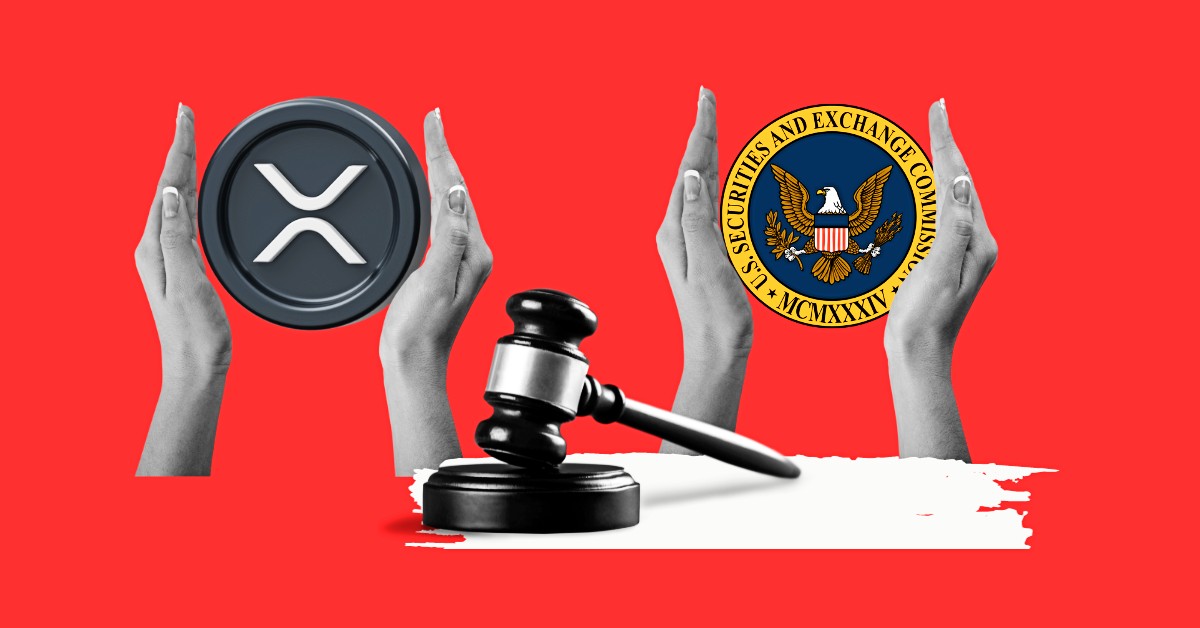In the legal showdown between Coinbase and the SEC, analysts are cautiously optimistic about Coinbase’s chances of winning, estimating a 70% chance, according to Bloomberg Intelligence’s James. However, overall sentiment in the cryptocurrency community remains mixed, acknowledging the inherent unpredictability of these legal proceedings.
Did Coinbase sell unregistered securities? legal action
Following the recent SEC vs. Coinbase hearing, Ripple’s head of legal Stuart Alderoty shook things up inside X by accusing the SEC of gross misconduct following the recent SEC vs. Coinbase hearing. But in reality, experts know that what’s said on social media isn’t the same as a legal argument in court. But the cryptocurrency giant has repeatedly denied the SEC’s claims that Coinbase sold unregistered securities. Alderorty’s challenge to the SEC’s argument adds an interesting perspective, but realists know that the legal outcome depends on complex legal interpretations and past precedent.
All of this happened during a recent hearing that was considered a pivotal moment for the cryptocurrency market and cryptocurrencies as a whole, and Judge Failla asked some insightful questions.
The SEC’s attempt to classify tokens as securities was a major topic. The judge was concerned about the SEC’s overreach, citing collections and larger asset implications. The judge also touched on the differences between trading and staking, saying staking is different from traditional investing.
In particular, she questioned the SEC about certain tokens like Solana (SOL) and Cardano (ADA), raising questions about whether they actually violated securities laws. Although the defense’s argument that these tokens were simply computer code may have elicited a response from the judge, realists understand that legal proceedings require a clear examination of facts and legal principles.
Important Hearing Insights and Questions from Judge Failla
Moreover, Judge Failla’s next step in questioning Coinbase adds some degree of doubt. A realistic possibility is that the judge will deny their motion, which could mean the case moves to the discovery phase. After the discovery period, both the SEC and Coinbase can file motions for summary judgment, making the legal process take longer.
In a realistic approach, the cryptocurrency community and financial markets recognize that legal outcomes can be influenced by a variety of factors and prepare for long-term uncertainty. The resolution of this case has implications for Coinbase, the SEC, and the broader regulatory environment, but realists understand that legal proceedings often unfold in ways that are certainly difficult to predict.

